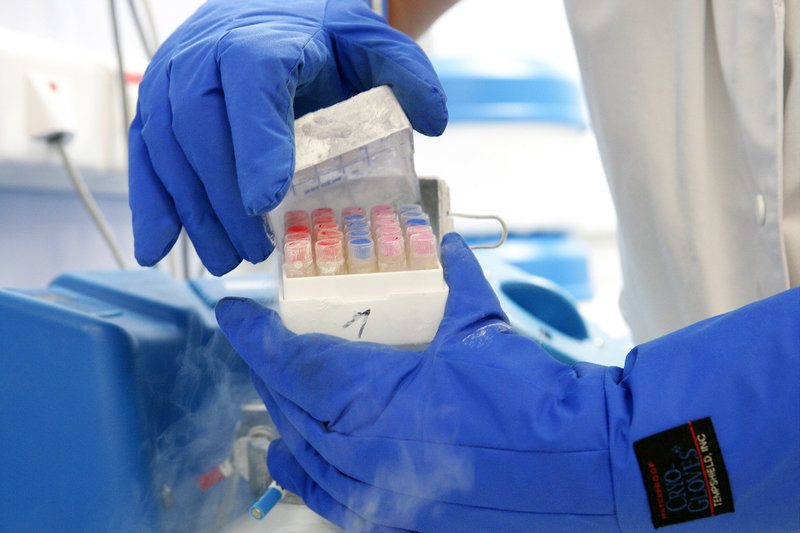Hepatitis C Treatment in Rue Mongi Bali
Search and Compare the Best Clinics and Doctors at the Lowest Prices for Hepatitis C Treatment in Rue Mongi Bali






Hepatitis C Treatment at Clinique La Corniche in Sousse, Tunisia
Our partner clinics in are accredited by the following associations



































































































































No Time?
Tell us what you're looking for and we'll reach out to the top clinics all at once
WHY US?



































































































































No Time?
Tell us what you're looking for and we'll reach out to the top clinics all at once
What does a Hepatitis C Treatment Procedure Involve?
The main treatment options for hepatitis C are antiviral medication and liver transplantation. Antiviral medication is used to clear the virus from your body in at least 8 to 12 weeks. If you have developed a more serious complication, then liver transplantation can be an option. During liver transplantation, you are given a general anesthetic, and then your doctor removes the damaged liver and replaces it with a healthy liver, either from a deceased donor or a living donor.
How Long Should I Stay in Rue Mongi Bali for a Hepatitis C Treatment Procedure?
If your doctor gives you antiviral medication, you may need to stay in Rue Mongi Bali for a few weeks as your doctor needs to monitor how your body is responding to the medication. If you undergo surgery, you are required to spend 5 to 10 days in the hospital and stay in the country for 10 to 14 more days after you are discharged from the hospital.
What's the Recovery Time for Hepatitis C Treatment Procedures in Rue Mongi Bali?
The recovery time depends on which treatment you underwent. With antiviral medication, you should be able to get back to most of your normal routine within a couple of days or as soon as you do not experience any symptoms or side effects from the medication. With a liver transplant, the full recovery period can take around six months, but you should be able to return to work within 12 weeks.
What sort of Aftercare is Required for Hepatitis C Treatment Procedures in Rue Mongi Bali?
Making healthy lifestyle changes is very important after your treatment, such as following a healthy and balanced diet plan and regular exercise. Treatment with antiviral medication requires regular follow-up checkups to monitor your condition and progress. With liver transplantation, you also need regular checkup and you may need to take medication for a longer period of time.
What's the Success Rate of Hepatitis C Treatment Procedures in Rue Mongi Bali?
Antiviral medicine is a safe and effective treatment for hepatitis C, with around 90% of patients with the condition are cured. Liver transplant is generally safe and approximately 70% of patients who undergo the procedure can live for ten years or longer. Both have some side effects and risks, such as depression, anxiety, skin irritation, insomnia, anorexia, tiredness, hair loss, aggressive behavior, bile duct complications, blood clots, bleeding, failure or rejection of donated liver, infection, mental confusion, and seizures
Are there Alternatives to Hepatitis C Treatment Procedures in Rue Mongi Bali?
You will need antiviral medication to treat hepatitis C, but if the infection is diagnosed in the early stages, you may not need treatment immediately. However, you still need to make lifestyle adjustments. Your doctor will have several blood tests to see if your body fights off the virus, if the infection does not continue, you usually do not need treatment.
This information has been accurately sourced and verified by a medical professional for its accuracy, however, we strongly recommend you to consult with your doctor before pursuing medical procedures overseas.






